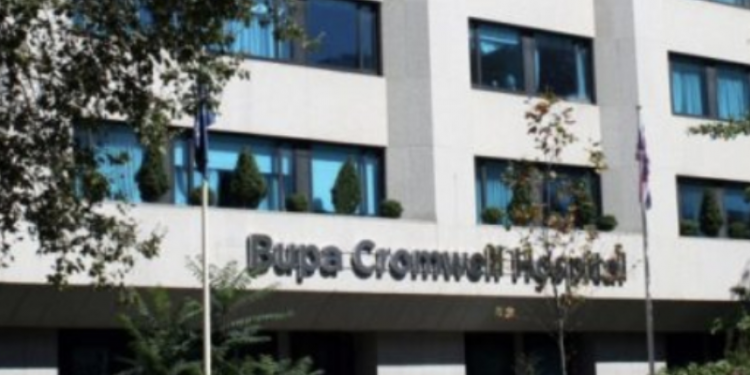Bupa expects to complete its £125m rebate to customers next week and revealed that use of its virtual GP service grew fourfold since the pandemic hit.
But the insurer also emphasised concerns for patient health as it revealed the rate of people coming forward for cancer screening almost halved during lockdowns.
Bupa announced a £125m Covid-related rebate to its members in March following the temporary disruption to some medical treatments last year as a result of the pandemic.
As private hospitals were enlisted to help the NHS during the pandemic, many services were unavailable or restricted for much of the last year.
Speaking at the LaingBuisson Private Healthcare Summit, Bupa UK Insurance commercial director Mark Allan explained the provider was on course to complete the payments shortly.
“We, like a number of insurers, made a commitment early in the pandemic that we would give back any extra financial benefit due to lower claims through that period of disruption,” Allan said.
“And I’m delighted to say that we announced in March we are paying back £125m to customers in rebate payments and those payments are underway.
“We’re about halfway through paying that money back and it should be completed by the end of June.”
Cancer delays concerns
One of the biggest areas of concern for the insurer has been around people coming forward with suspected cases of cancer during the pandemic.
Those patients already diagnosed and undergoing treatment when the Covid-19 pandemic arrived were not badly affected with treatment able to continue largely as normal.
“But we saw a big and worrying reduction in people seeking new cancer diagnoses,” Allan explained.
“We saw our pre-authorisation rates drop by about 45% for cancer during March to July last year. While we’ve seen a lot of that come back by February this year to where new cancer [screening] cases are higher than pre-Covid levels, there’s no doubt there’s an impact of that.
“Whether it’s the 10% that we’re not yet seeing, because we think about 90% will come through eventually, we are concerned about the delay in diagnosis and what that means ultimately for the clinical outcomes.”
Remote services boom
Allan also discussed the how the insurer’s remote services and usage had been affected over the last year.
“A real sign of the future was our virtual GP service, which we work on with Babylon, where we’ve seen demand more than quadruple since last year,” he continued.
The insurer also expanded its phone and video consultations and rolled out other remote services, including cardiology and skin assessments.
On skin assessments, Allan noted: “People are getting their results within three working days which is about three times faster than the average wait time you would have for someone to see a dermatologist in person and then get the results.
“We all know with cancer in particular that speed really counts. This innovation is great from an ease perspective but it also helps deliver better clinical outcomes,” he added.






